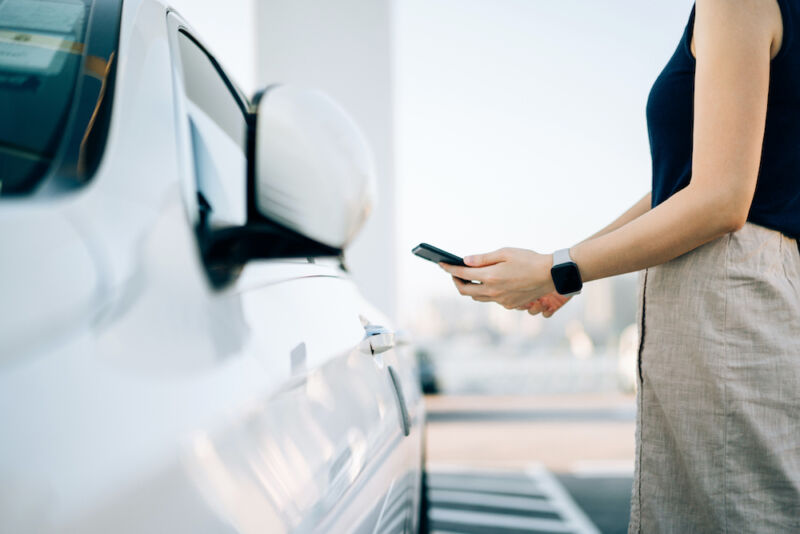

Enlarge (credit: Getty Images)
When you use your phone to unlock a Tesla, the device and the car use Bluetooth signals to measure their proximity to each other. Move close to the car with the phone in hand, and the door automatically unlocks. Move away, and it locks. This proximity authentication works on the assumption that the key stored on the phone can only be transmitted when the locked device is within Bluetooth range.
Now, a researcher has devised a hack that allows him to unlock millions of Teslas—and countless other devices—even when the authenticating phone or key fob is hundreds of yards or miles away. The hack, which exploits weaknesses in the Bluetooth Low Energy standard adhered to by thousands of device makers, can be used to unlock doors, open and operate vehicles, and gain unauthorized access to a host of laptops and other security-sensitive devices.
When convenience comes back to bite us
“Hacking into a car from hundreds of miles away tangibly demonstrates how our connected world opens us up to threats from the other side of the country—and sometimes even the other side of the world,” Sultan Qasim Khan, a principal security consultant and researcher at security firm NCC Group, told Ars. “This research circumvents typical countermeasures against remote adversarial vehicle unlocking and changes the way we need to think about the security of Bluetooth Low Energy communications.”

No comments:
Post a Comment